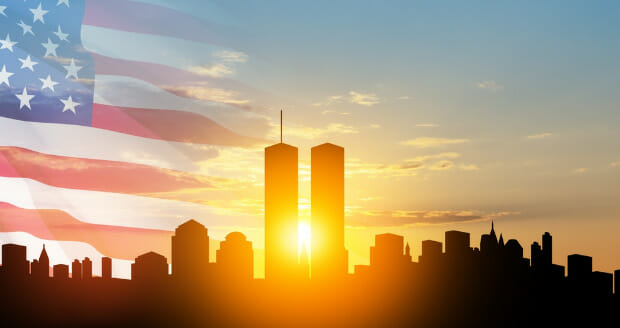The September 11th Victim Compensation Fund was established to provide responders and survivors with the compensation they deserve for their 9/11-related cancers, illnesses, health conditions, and diseases. However, many who inhaled the toxins and chemicals in the NYC Exposure Zone developed more than one certified condition. If you were in Lower Manhattan in the weeks following the terrorist attacks and you were diagnosed with multiple conditions, it’s important to understand how the VCF will calculate your award.
How Does the VCF Calculate Awards for Multiple Certified Conditions?
A 9/11-related health condition can significantly affect your life and livelihood. If you have multiple conditions linked to the toxic dust cloud, the impact can be even greater. The VCF issues both economic and non-economic awards to eligible responders and survivors for their certified 9/11 health conditions.
Most responders and survivors have developed multiple illnesses as a result of spending time in the NYC Exposure Zone. In fact, 70% of those enrolled in the WTC Health Program have been diagnosed with two or more conditions connected with the toxins in the dust cloud. But it’s important to understand that the VCF does not issue its awards based on the number of conditions certified by the WTC Health Program. Instead, the VCF bases its compensation calculations for non-economic loss on the following factors:
- The severity of the 9/11 health condition
- The type of condition, cancer, or illness
- The ways that the condition has impacted the responder or survivor’s life
In most cases, being diagnosed with an additional 9/11 illness will not change the amount of a VCF award that was previously issued. But if the new condition is a cancer and the award was only based on a non-cancer, you might consider amending your claim. The VCF might also increase an award if your certified condition worsens. Filing an amendment to add a non-cancer condition usually won’t change an award amount unless the condition is recognized as one that is ”presumptively severe and debilitating.”
When Can the Special Master Exceed the Statutory Cap for a VCF Award?
Under the Zadroga Act, the amount of compensation that may typically be issued for a non-cancer condition can range from a minimum of $10,000 to a maximum of $90,000 based on the severity. The highest award that can be issued for a cancer condition is $250,000. But in limited situations, the Special Master has the discretion to exceed these statutory caps.
For example, if a responder or survivor is diagnosed with more than one cancer condition, the Special Master may adjust the award resulting in recovery beyond $250,000. The Special Master may also issue a higher award amount for a non-cancer that has been recognized by the VCF as being “presumptively severe.” These conditions may be compensated at the highest amount for a non-cancer and include emphysema, Interstitial Lung Disease, asbestosis, and sarcoidosis.
Notably, the highest award amount that can be issued for multiple severe conditions is $340,000 under the statutory guidelines.
Contact a New York City 9/11 Victim Compensation Fund Attorney
If you are a responder or survivor who was diagnosed with a 9/11 health condition, you may be able to recover compensation from the VCF. However, the VCF’s regulations can be confusing to navigate. It’s essential to have an experienced 9/11 Victim Compensation Fund attorney to help guide you through the process and ensure you obtain the maximum award to which you are entitled.
The 9/11 Victim Compensation Fund attorneys at The Dearie Law Firm, P.C. have represented claimants and their families in 9/11 VCF claims for over a decade. For a free consultation, contact us today.

